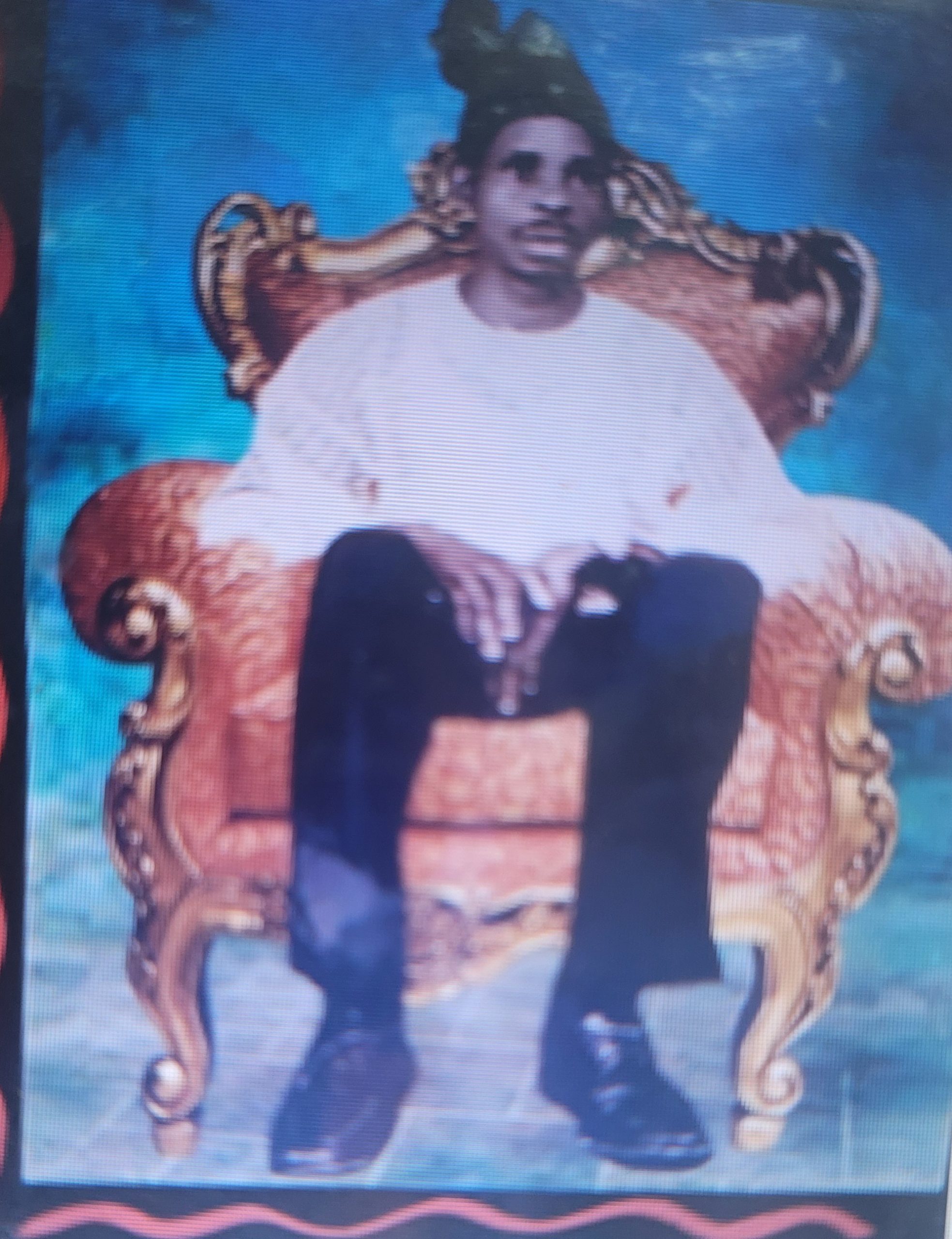By Ken Asinobi
I grew up in Amuzi Village, Dim-na-Nume Isu in Nwangele Local Government Area of Imo State, savoring the melodies of the famous Nwanyi Maradiya Musical Group, led by the legendary Egwuatonwu Azubuike. Although I was too young at the time to properly capture his personality, I was told by my elders that Egwu, as he was fondly called, was a remarkable singer whose performances earned great respect and admiration within and outside the community.
Egwu was said to possess extraordinary wit, which he effectively infused during his performances, often marveling his audience with uncanny acts. Stories are told that at the peak of every performance, and in the full glare of the audience, Egwu would empty a keg of palm wine into a basket, and the bemused audience would watch as the basket held the liquid without a drop. He would then challenge members of the audience to take the drink, and only the bravest would usually accept the challenge.
One notable member of the Nwanyi Maradiya Musical Group, seen as Egwu’s forerunner, was Benard Elem Tasie, whom we called ‘Dee Elem’. Elem was a great man, a remarkable apostle of Egwuatonwu, who carried on his trade with precision and splendor. You couldn’t discuss Elem without remembering Egwuatonwu, who had handed him the baton after his death.
Like Egwu, Elem thrilled his audience with an amazing voice. As one of his avid fans, I never hid my admiration for him. He was simply sensational. I related with him one-on-one, up to adulthood. Elem had no rival as far as our local music was concerned. He was simply the best, and my favorite of his many songs was ‘Uri Abu’.
Dee Elem was a crowd puller in and outside the community. Although typically native, his style of singing was unique. He was a master of ‘yabis’, as the late afro beat legend Fela Anikulapo Kuti would call it. Elem hardly rehearsed his songs before any show, instead singing creatively based on who or what caught his attention from the audience. Sometimes, a prevailing situation or circumstance could trigger a reaction, and before you knew it, Elem had formed a song, and the crowd was thrown into a frenzy.
That is why our village people, especially those whose characters raised questions, dreaded him whenever or wherever he performed. Elem had an uncanny way of knowing people’s secrets, often composing songs that challenged their actions, ending with the phrase ‘nghiri kigaeme’, which in English translates to ‘what will you do?’.
Dee Elem and the Nwanyi Maradiya Musical Group usually performed during festivities like Easter, Christmas, and New Year. In December, the group would begin their shows on the eve of Christmas, moving from one house to another, eulogizing the head of the home and mesmerizing the family members. The process would continue late into the night until every home in the village was covered, with the grand finale held at Elem’s house on New Year’s Eve, ending with ‘Ichu afo’ (chasing away the old year and ushering in the new year).
Dee Elem was a strong and sweet-hearted man who loved to crack jokes. He was also a fine storyteller, regaling us with tales of our uncles, both in our paternal and maternal homes, due to his sojourn to Ogbaland, Rivers State, my maternal home.
Elem was the Head Hunter in the entire area, and everything revolved around him. Any able-bodied person from the surrounding villages would assemble in Elem’s place before hunting expeditions and return to his place to share the proceeds, even during the war.
Adieu, Dee Benard Elem Tasie, the hunter, the singer, and the palm wine tapper. You have left an indelible print in Amuzi and beyond, including Ogbaland. When the history of our village is written, it is obvious you will occupy a big space. May the Almighty accept your immortal soul in His bosom.

